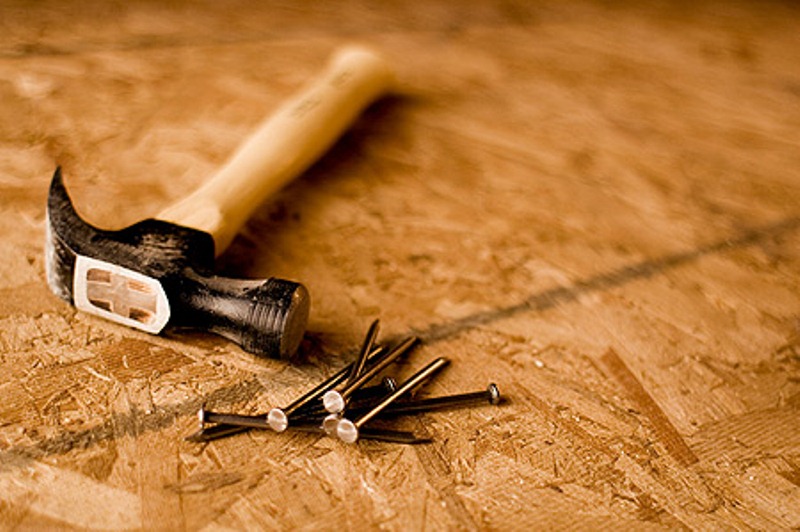Property owners are often unaware of the significant benefits from claiming depreciation after renovating a property, which generates an income.
Newcastle has reeled in the goods by introducing some niche restaurants and bars for local residents. Commercial property owners have joined the renovating bandwagon to produce popular hotspots such as Parry St Garage, Q & Co, Three Bears Kitchen and Blue Door.
With today’s current economic climate, renovating can be a daunting process. It makes financial sense to take full advantage of the tax depreciation deductions available.
As a building gets older, items contained within a property wear out and subsequently depreciate in value. Though property owners can claim depreciation on any income producing property, it is particularly important to claim depreciation during a renovation.
In order to make the most out of an investment property, owners should consider a pre-renovation depreciation schedule. Assets that are removed can be worth thousands of dollars in depreciation claims. When old assets such as carpet, blinds and cabinets are removed, the owner may be entitled to claim the remaining depreciation as a tax deduction.
A specialist Quantity Surveyor can calculate values and construction costs to ensure owners are not throwing dollars away. Essentially, the removal and disposal of assets from any income producing property can be written-off as a tax deduction using remaining depreciable value. A Quantity Surveyor will complete a schedule prior to renovation or refurbishment to accurately identify the value of all assets that are to be scrapped. A second schedule will then be prepared post renovation to calculate the depreciation deductions available over the new assets individual effective life and any capital works building deductions available to be claimed.





